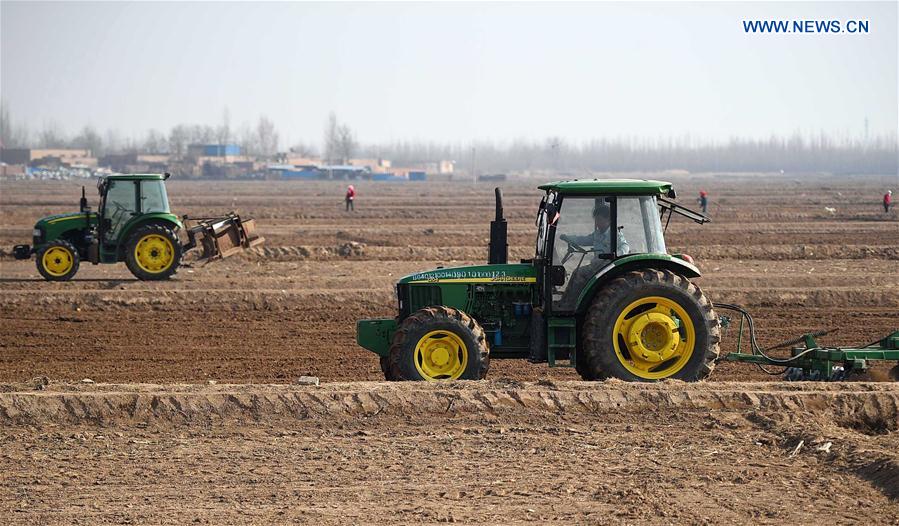Traditional Spring Festival celebrations include firecrackers, family reunions and temple fairs, but today it might be worth adding cinema to the list.
Chinese cinemas posted a record of 3.347 billion yuan (about 487 million U.S. dollars) in ticket sales during the seven-day holiday, from Jan. 27 to Feb. 2, according to industry figures.
China’s box office sales also set a single-day record on Jan. 28, the first day of the Chinese Lunar New Year, at 805 million yuan.
The strong figures came after China registered weak growth in box office sales in 2016, when 45.712 billion yuan was reported, or a 3.73 percent annual growth.
HOT MARKET
As cinemas sprout up nationwide, with the number of screens exceeding 40,000, going to the movies has become a popular holiday pastime.
Full cinemas were found in big cities such as Beijing, Shanghai and Guangzhou, but also in smaller cities across the country.
Wu Xiaoqi, 26, chose to spend half a day with her cousins in a cinema near her home in southwest China’s Chongqing Municipality when the holiday was drawing to its end.
“We were hanging out and then decided to see a movie since it was a good way to kill time,” said Wu, who works in Beijing.
After watching “Kung-Fu Yoga,” an action starring Jackie Chan, they decided to stay at the cinema.
“We had a lot of spare time then and my cousins were interested in the story of ‘Journey to the West: The Demons Strike Back,’ so we stayed in the theater to watch it,” Wu said.
Directed by Hark Tsui and partly scripted by Stephen Chow, the fantasy-action tells the story of a monk bringing his three disciples to the west, a story immortalized in the Chinese classic novel “Journey to the West.”
Both movies were popular across the country. “Journey to the West: The Demons Strike Back” took 1.153 billion yuan over the seven days, topping the holiday box office, while “Kung-Fu Yoga,” earned 870 million yuan.
Though vastly different films, they share two things in common: comedy elements and famous stars.
“The holiday is an important battleground for the Chinese film market,” said Rao Shuguang, secretary-general of the China Film Association. “Due to stiff competition, films screened during this period are more likely to be blockbusters.”
MORE TO IMPROVE
Led by domestic blockbusters, homemade films took the lion’s share of holiday earnings.
However, despite strong ticket sales, worries over the quality of domestic productions persist.
Influential entertainment website douban.com, rated both “Kung-Fu Yoga” and “Journey to the West: The Demons Strike Back” as less than 6 out of 10.
Some observers were also worried about the lack of imagination in domestic productions, complaining that the classic “Journey to the West,” had been made several times before.
Observers have said that the film market could face a setback after its short term successes, and that filmmakers should focus on making high-quality films to guarantee the healthy market development.
Yin Hong, a professor at Tsinghua University, said filmmakers should not just be satisfied with targeting box office earnings, but that they also needed to improve the quality of their content.
He said that in order to match ticket sales with favorable reviews, domestic films should make progress in a changing society.
